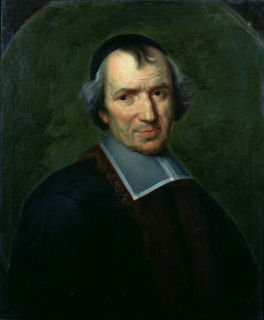A Quote by Ambrose Bierce
PYRRHONISM- An ancient philosophy, named for its inventor. It consisted of an absolute disbelief in everything but Pyrrhonism. Its modern professors have added that.
Related Quotes
Philosophy - reduced, as we have seen, to philosophical discourse - develops from this point on in a different atmosphere and environment from that of ancient philosophy. In modern university philosophy, philosophy is obviously no longer a way of life, or a form of life - unless it be the form of life of a professor of philosophy.
One could say that what differentiates ancient from modern philosophy is the fact that, in ancient philosophy, it was not only Chrysippus or Epicurus who, just because they had developed a philosophical discourse, were considered philosophers. Rather, every person who lived according to the precepts of Chrysippus or Epicurus was every bit as much a philosopher as they.
It is sufficiently humiliating to our nature to reflect that our knowledge is but as she rivulet, our ignorance as the sea. On points of the highest interest, the moment we quit the light of revelation we shall find that Platonism itself is intimately connected with Pyrrhonism, and the deepest inquiry with the darkest doubt.
The source of Pyrrhonism comes from failing to distinguish between a demonstration, a proof and a probability. A demonstration supposes that the contradictory idea is impossible; a proof of fact is where all the reasons lead to belief, without there being any pretext for doubt; a probability is where the reasons for belief are stronger than those for doubting.
As modern physics started with the Newtonian revolution, so modern philosophy starts with what one might call the Cartesian Catastrophe. The catastrophe consisted in the splitting up of the world into the realms of matter and mind, and the identification of 'mind' with conscious thinking. The result of this identification was the shallow rationalism of l' esprit Cartesien, and an impoverishment of psychology which it took three centuries to remedy even in part.
Descartes, the father of modern philosophy ... would never-so he assures us-have been led to construct his philosophy if he had had only one teacher, for then he would have believed what he had been told; but, finding that his professors disagreed with each other, he was forced to conclude that no existing doctrine was certain.





























